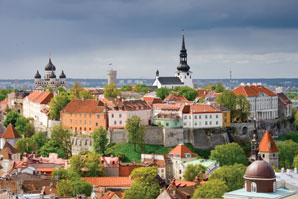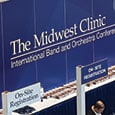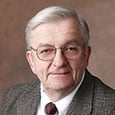 This summer I attended a screening of The Singing Revolution, a fascinating documentary on the tiny nation of Estonia and its quest for freedom. During World War II the Soviets demanded the right to establish military bases in Estonia as part of the battle against the Germans. The Soviet government gave assurances that Estonian sovereignty would be respected.
This summer I attended a screening of The Singing Revolution, a fascinating documentary on the tiny nation of Estonia and its quest for freedom. During World War II the Soviets demanded the right to establish military bases in Estonia as part of the battle against the Germans. The Soviet government gave assurances that Estonian sovereignty would be respected.
The Russians promptly broke their word and began deporting or killing business and political leaders. Russian became the official language of the country, and even the national flag was banned. The annual song festival was cancelled but finally returned in 1947, drawing huge crowds
Thousands of singers performed “Land of My Fathers, Land That I Love,” with lyrics taken from a popular poem. This expression of national pride had not been allowed since the occupation. The surprise performance slipped past the Russian censors at the 1947 festival, and the song was performed in subsequent years.
In 1969 the Soviets banned the song from the festival, but the singers defied the edict and performed the song several times. Soviet leaders, perhaps embarrassed by this act of resistance, decided to bring the song’s composer on-stage to conduct the work. The censors wanted to show that they always intended to allow the performance. The defiant crowd knew better.
The last portion of the film depicts the period starting in the late 1980s when Eastern bloc countries gained independence from their Soviet masters. No one can forget the dramatic pictures of Germans demolishing the Berlin Wall just before Christmas of 1989.
Change came more slowly in Estonia than in Berlin, as the people began peaceful protests against the Russians. Protest organizers felt that as long as they did not shed blood, the Soviets would not retaliate by sending in tanks.
Several new rock songs became anthems of the protest movement and were repeatedly sung by large crowds. Authorities considered banning the songs but concluded that such censorship would be condemned by the rest of the world. Although various factions in Estonia disagreed about the tactics used to challenge the Soviets, the non-violent approach continued. In 1991 Estonia finally regained their freedom after 50 years of suffering.
Musicians well know the power of music, and The Singing Revolution demonstrates that music can even keeps the sparks of freedom burning. In the recent Olympics it was heartening to see the athletes of these once-dominated countries march proudly under their own national banners, including competitors from Estonia. I recommend this inspiring story to directors and students everywhere.





